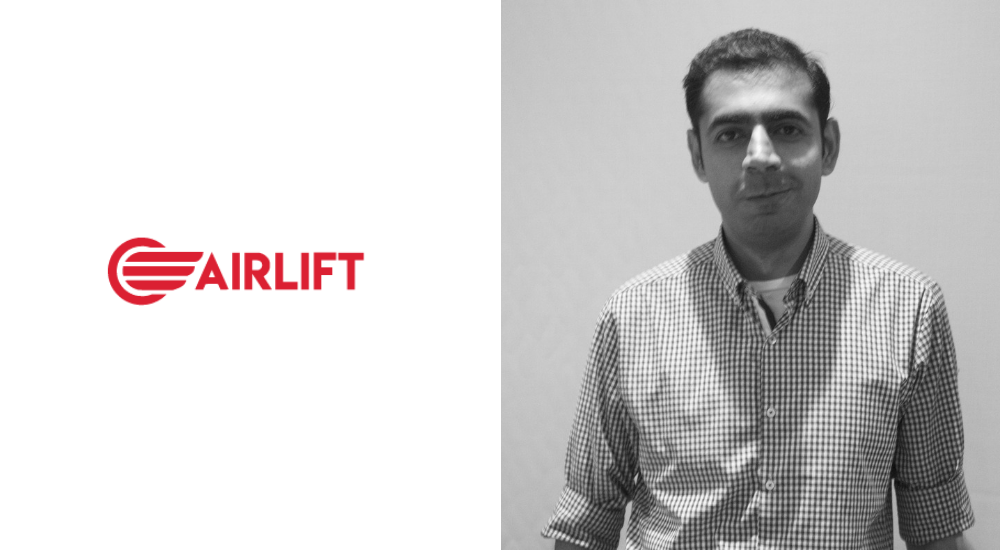Why has Airlift been in the news
In August 2021, Airlift announced it had raised $85 million in its Series B financing round at a valuation of $275 million (according to TechCrunch). Harry Stebbings of 20VC and Josh Buckley of Buckley Ventures co-led the funding round, which is the largest for a Pakistani startup. Total capital raised to date is now $110m.
Other participants in the round included: Sam Altman, former president of Y Combinator; Biz Stone, co-founder of Twitter and Medium; Steve Pagliuca, co-chairman of Bain Capital; Jeffrey Katzenberg, ex-chief executive of Disney and Quibi; and Taavet Hinrikus, founder and chief executive of TransferWise.
What opportunity set does Airlift target?
Today, Pakistan only really has 2 aspiring unicorns with a combined value of just over $1bn (Daraz and foodpanda). Compared to Indonesia, with several unicorns worth well over $40bn and a comparable population (268m people versus 220m in Pakistan), there is clearly a huge opportunity for technology value creation in Pakistan.
Pakistan represents one of the biggest blind spots for technology companies. It is the world’s 6th most populous country (46% of whom are under 25) and has several large urban centres such as Karachi (15m) and Lahore (11m). Despite internet adoption growing at 17% year-on-year (current internet penetration is 35% versus 50% in India), and 75% mobile penetration, there is still a marked absence of technology ventures. Sturgeon estimates that $45bn in gross market value can be created in the country over the next decade.
Airlift targets “quick commerce”, whereby customers can receive goods and groceries within 30 minutes across eight large cities in Pakistan. Given the distinct lack of competitors, the company has grown between 30%-50% per month. Based on our knowledge on the ground, we believe the grocery deliveries market in Pakistan could be worth $14bn (GMV) alone, with up to 5min daily grocery orders possible.

What is Airlift?
Founded in 2019, Airlift started as an app-based mass transit startup allowing customers to book fixed-rate rides on buses and vans in their network fleet. The original idea was that of CEO Usman Gul, a former MasterCard and DoorDash executive. He moved from his base in San Francisco to start Airlift to solve the congestion he had experienced in Lahore on his various visits to the city.
Gul and his small team started operations with a pilot project in Lahore using $50k of internal capital. Within three months, the company was operating in two Pakistani cities, Karachi and Lahore. Within six months (August 2019), the company raised $2.2 million in seed funding. Through their seed funding, Airlift had acquired 50,000 riders in Lahore and scaled to over 10k daily rides. On the back of this success, they raised $12m in a Series A funding round in November 2019. The most notable investor was US VC, First Round Capital.
In March 2020, the company had to halt its operations due to Covid-19 and quickly pivoted to a 30-minute grocery delivery platform (called Airlift Express) that is now available across eight cities in Pakistan. The team do not currently have any plans to restart their original mass transit model.
On the back of strong initial traction, in July 2020, Airlift raised an additional $10m round led by Silicon Valley VC Quiet Capital and joined by TrueSight Ventures (London), RT Ventures (London), Shorooq Partners (Abu Dhabi), and ACE Capital (Taiwan). Existing investors also upped their allocations.
In addition to groceries, Airlift delivers fresh produce, OTC and prescription medicines, and sports goods from its network of fulfilment centres. Airlift is also building a farmer-to-consumer distribution channel for fresh produce. In a recent statement, Airlift claims that they have reduced the blended cost of customer acquisition (CAC) to $5 and unit prices to $2.5. For comparison, in developed markets, the CAC for fast-delivery companies is well above $15, and unit costs are close to $10 at scale.
The platform has grown at 30-50 per cent month-over-month on average, which led to August 2021, when Airlift announced it had raised $85 million in its Series B financing round at a valuation of $275 million. Harry Stebbings of 20VC and Josh Buckley of Buckley Ventures co-led the funding round, which is the largest for a Pakistani startup.
In the future, Airlift plans to consolidate its position in Pakistan and is also looking ahead to other markets in Asia and Africa. According to an interview in MENAbyes, Airlift aims to enter its first international market within three months.
Key Takeaways
- There are sizeable frontier markets with huge technology value creation potential that are only now being recognised. There are no good reasons to suggest that the huge valuation creation that played out (and continues to play out) in India, Indonesia and China cannot play out across frontier markets such as Pakistan.
- The best startups require inspirational operators who can aggressively execute their vision. Usman Gul is an extremely capable individual that can clearly articulate his vision and act on it.
- Local VCs are best placed to identify, and fund, opportunities such as Airlift early. As companies gain traction (and the market is large enough) they can tap capital from some of the biggest names in investment. This also presents an exit opportunity for earlier stage investors such as Sturgeon.